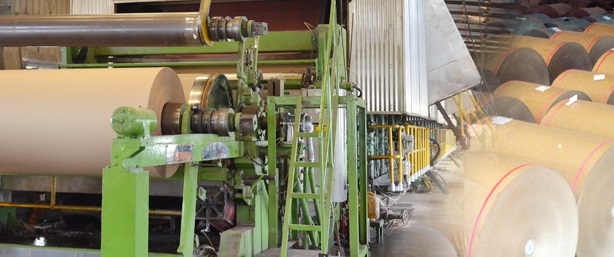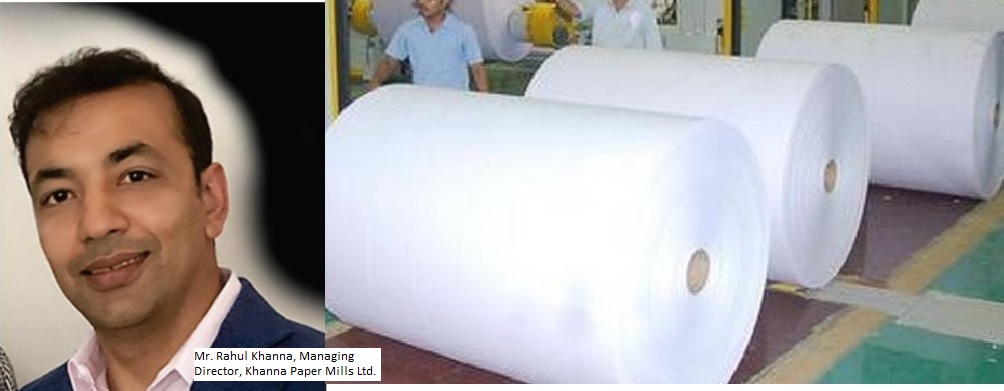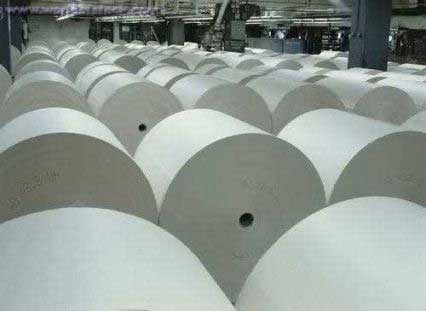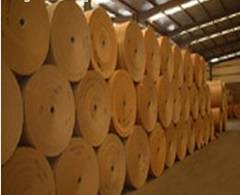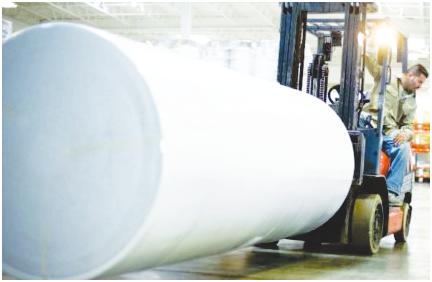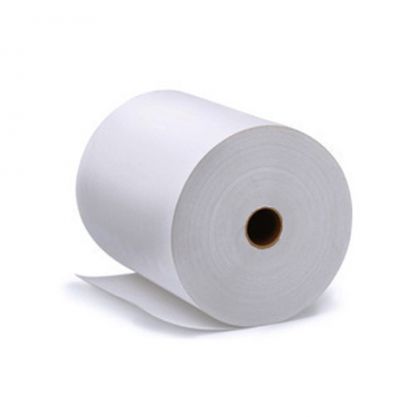IPMA warns of paper market turmoil as U.S. tariffs on Asian exporters may trigger inventory surge in India
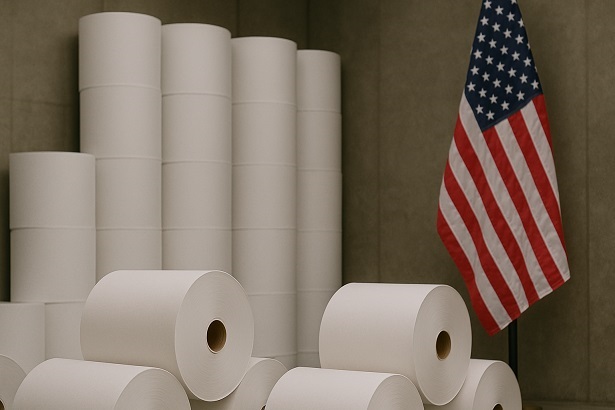
IPMA warns of paper market turmoil as U.S. tariffs on Asian exporters may trigger inventory surge in India
- India is at risk of becoming a dumping ground for excess inventory from export-driven Asian economies
- IPMA asks for a ban on stocklot imports (rejected and inferior-grade material).
- IPMA raises alarm over predatory imports amid global trade realignments, calls for urgent policy action to safeguard domestic paper industry
The Pulp and Paper Times:
The Paper Industry in India has expressed grave concern over the rising tide of predatory paper imports into the country. In a communication to the Government, Indian Paper Manufacturers Association (IPMA) has stated that the situation is likely to worsen significantly in light of the recent baseline and reciprocal tariffs imposed by the United States on key Asian exporters, including China and Indonesia, and the threat of inventories being diverted to India.
India’s Paper Industry, the fifth largest in the world with an estimated annual production of 22 million tonnes and employing over 20 lakh people directly and indirectly, is already grappling with escalating imports of paper and paperboard under preferential trade agreements. The influx -primarily from ASEAN countries and China - is undermining domestic manufacturing capacity, threatening jobs, and jeopardising existing and future investments.
“In the last four years, imports from China and ASEAN have more than doubled. Now, with the US and EU imposing restrictive tariffs / other trade remedial measures to protect their own markets, India is at risk of becoming a dumping ground for excess inventory from export-driven Asian economies,” said Pawan Agarwal, President IPMA.
Citing the data, IPMA noted that paper and paperboard imports into India touched nearly 1.76 million tonnes in April-December 2024-25, with imports from China (up 36%) and ASEAN (up 23%).
IPMA pointed to multiple structural disadvantages faced by domestic paper manufacturers:
•High cost of raw materials due to fibre scarcity in India
•Rising fuel, energy, and logistics costs
•High capital costs
•Nil or low import duties under past Free Trade Agreements (FTAs) / other Agreements
Despite these headwinds, the domestic industry has made significant capital investments in capacity, clean technology, and agroforestry. However, such efforts are being undermined by predatory imports that enjoy export incentives and other subsidies in their countries of origin.
Key Policy Asks by IPMA:
• Inclusion of paper and paperboard in the exclusion list of ASEAN-India FTA (AIFTA)
• Issuance of Quality Control Orders (QCOs) to curb the influx of sub-standard imports
• Ban on stocklot imports (rejected and inferior-grade material)
• Appropriate trade remedial measures
• Monitoring of paper imports under the proposed Inter-Ministerial Import Monitoring Group
“With over 900 paper mills across the country - of which only about 550 are currently operational - the industry stands at a critical juncture. Without immediate policy interventions, we risk eroding the manufacturing base that aligns with India’s vision of Aatma Nirbhar Bharat, Make in India, and Vocal for Local,” Mr. Agarwal added.
IPMA reaffirmed its commitment to working closely with the Government to ensure that the Indian Paper Industry remains competitive, resilient, and aligned with national economic priorities.
Web Title: IPMA warns of paper market turmoil as U.S. tariffs on Asian exporters may trigger inventory surge in India




 Join WhatsApp Group
Join WhatsApp Group Join Telegram Channel
Join Telegram Channel Join YouTube Channel
Join YouTube Channel Join Job Channel (View | Submit Jobs)
Join Job Channel (View | Submit Jobs) Join Buy Sell Channel (Free to Submit)
Join Buy Sell Channel (Free to Submit) Paper News Headlines Channel (Free to read)
Paper News Headlines Channel (Free to read)


